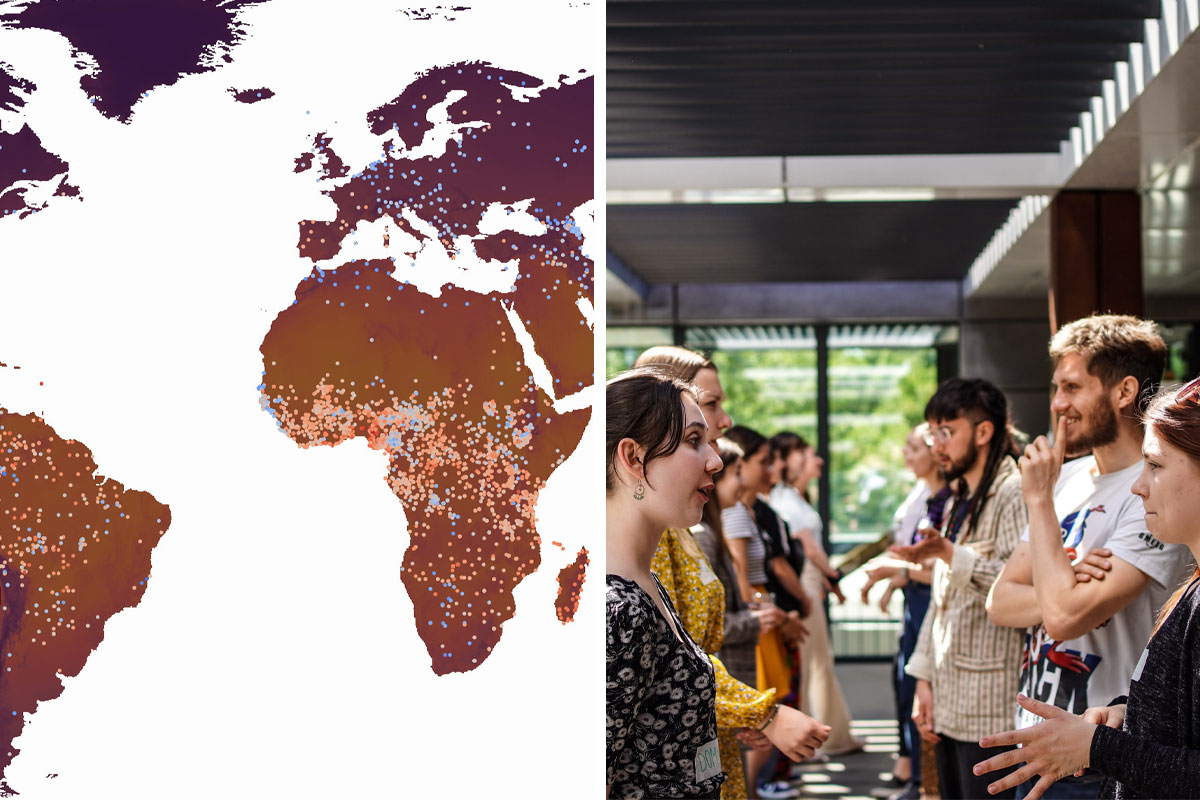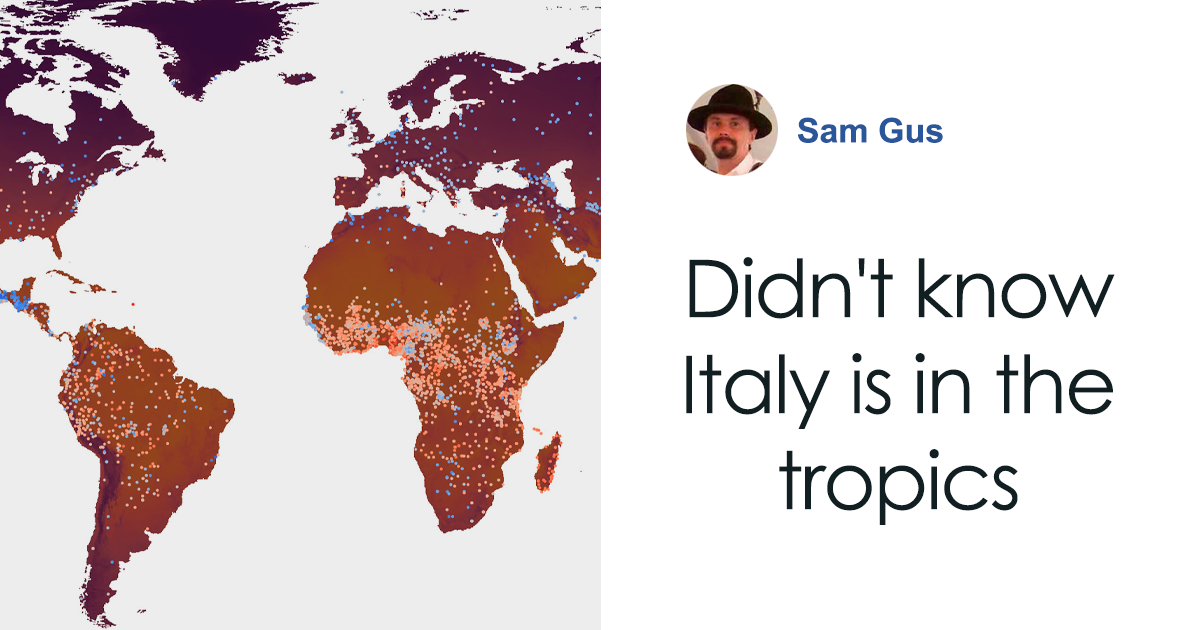
We’ve all heard those stereotypes portraying people who speak Latin languages, whether that be Spanish, French, or Italian, as sounding more “passionate” or even “loud”.
As it turns out, the stereotype may stem from some truth, as a new study published on Thursday (December 5) suggested that temperatures influence the way we talk.
Dr. Søren Wichmann, a linguist at Kiel University in Germany, together with colleagues from China, demonstrated in the study that was published in the online journal PNAS Nexus that average ambient temperatures influenced the loudness of certain speech sounds.
Languages in warmer regions are louder than those in colder regions, a linguistics study found
Image credits: Tianheng Wang, Søren Wichmann
Søren explained: “Generally speaking, languages in warmer regions are louder than those in colder regions.”
To summarize the study, we are surrounded by air when we speak and listen; therefore, spoken words are transmitted through the air as sound waves, as per Phys Org. As a result, the physical properties of air influence how easy it is to produce and hear speech.
Søren explained: “On the one hand, the dryness of cold air poses a challenge to the production of voiced sounds, which require vibration of the vocal cords. On the other hand, warm air tends to limit unvoiced sounds by absorbing their high-frequency energy.”
Image credits: Qian Gu
These factors could reportedly favor a higher volume of certain speech sounds in warmer climates, known as sonority in scientific terms.
The Danish linguist and his colleagues reportedly used the Automated Similarity Judgment Program (ASJP) database to test whether these factors really had an effect on the development of languages.
We are surrounded by air when we speak and listen. Therefore, spoken words are transmitted through the air as sound waves
Image credits: Łukasz Maźnica
At the moment, the database is reported to contain the basic vocabulary of 5,293 languages and is constantly being expanded with the support of the ROOTS Cluster of Excellence, a German research institution in Kiel.
Subsequently, Søren and his team discovered that languages that occur around the Equator in particular have a high average sonority, whereas languages in Oceania and Africa have the highest corresponding index.
On the other hand, the world record for low sonority reportedly belongs to the Salish languages on the northwest coast of North America.
Image credits: Priscilla Du Preez ????????
Nevertheless, some exceptions have been found in this trend. For instance, some languages in Central America and on the Southeast Asian mainland have a rather low mean sonority, even though they are spoken in very warm regions.
Søren stated: “Overall, however, we were able to establish a clear relationship between the mean sonority of language families and the mean annual temperature.”
The physical properties of air influence how easy it is to produce and hear speech
Image credits: MART PRODUCTION
As a result, the exceptions indicate that the effects of temperature on sonority develop only slowly and only shape the sounds of a language over centuries or even millennia.
Scientists are reportedly in the midst of discussing the extent to which the environment shapes languages.
Image credits: Gabriel Foureaux
The linguistics expert revealed: “For a long time, research assumed that linguistic structures are self-contained and are not influenced in any way by the social or natural environment. More recent studies, including ours, are beginning to question this.”
Søren further informed that “If languages adapt to their environment in a slow process lasting thousands of years, then they carry some clues about the environment of their predecessor languages.”
Many readers found the news hilarious
Stay connected with us on social media platform for instant update click here to join our Twitter, & Facebook We are now on Telegram. Click here to join our channel (@TechiUpdate) and stay updated with the latest Technology headlines. For all the latest Travel News Click Here Read original article here

